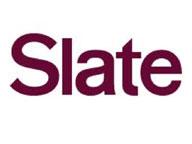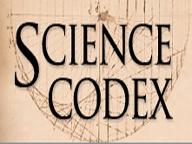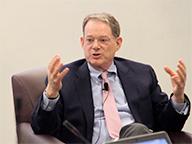Faculty News
—
In an op-ed, Profs. Viral Acharya and Robert Engle discuss banking stress tests
—

Excerpt from Vox -- "This column argues that macro stress tests would be more effective if capital requirements were measured differently from the current regulatory risk weight-based approach, and in particular, were based on total assets and on market risks."
Faculty News
—

Excerpt from Vox -- "This column argues that macro stress tests would be more effective if capital requirements were measured differently from the current regulatory risk weight-based approach, and in particular, were based on total assets and on market risks."



















